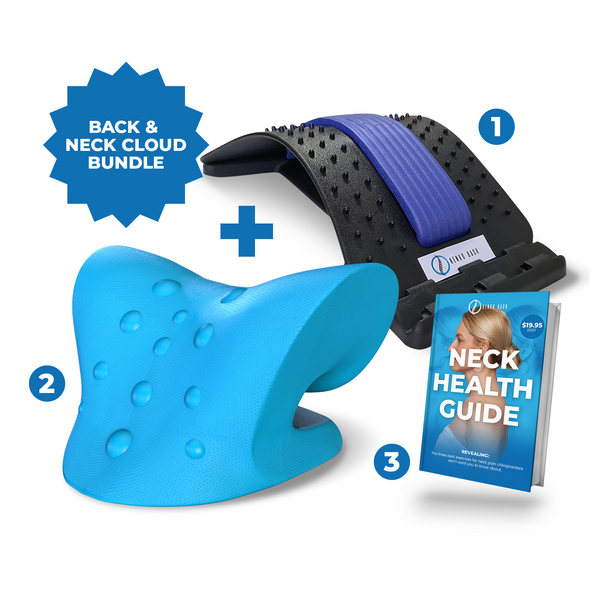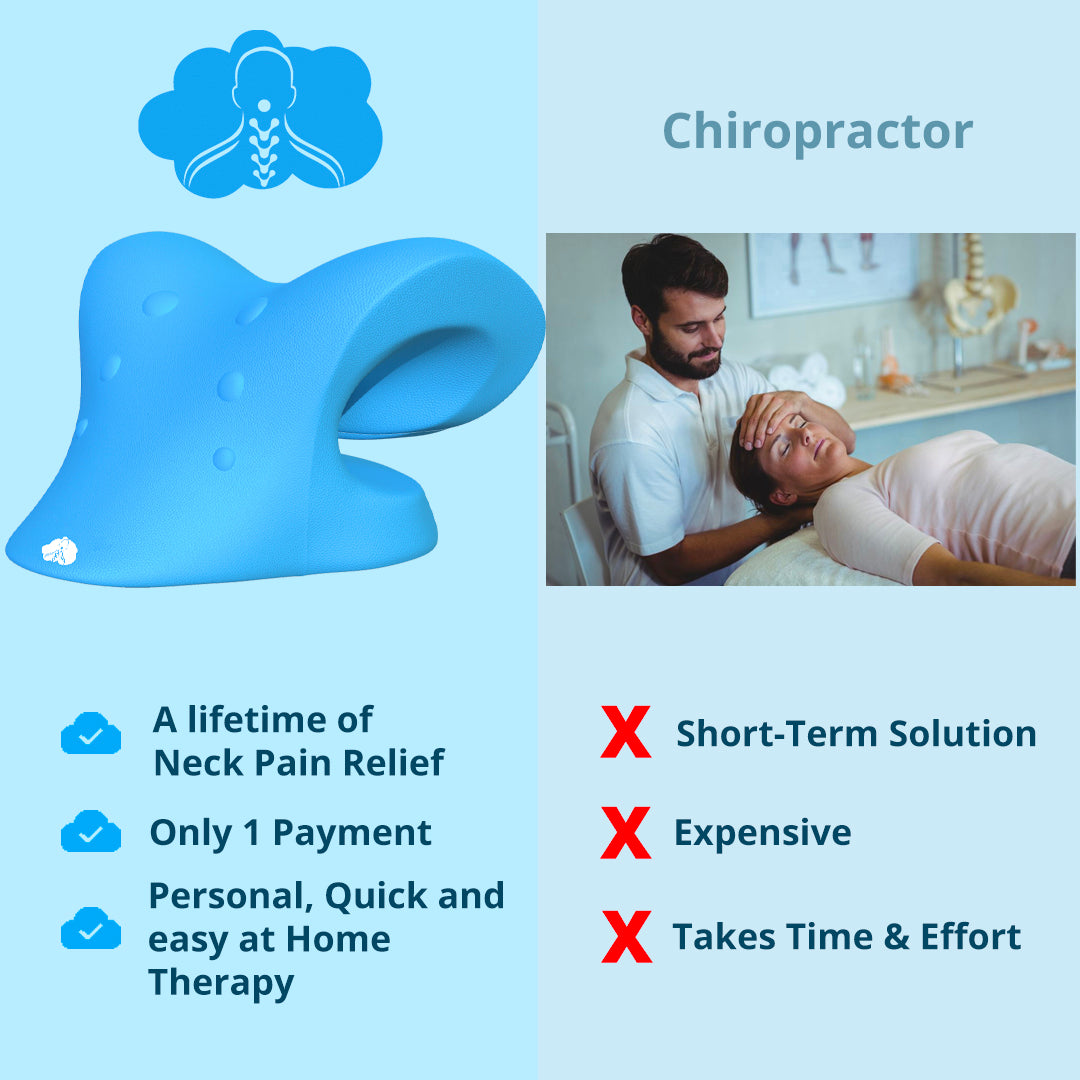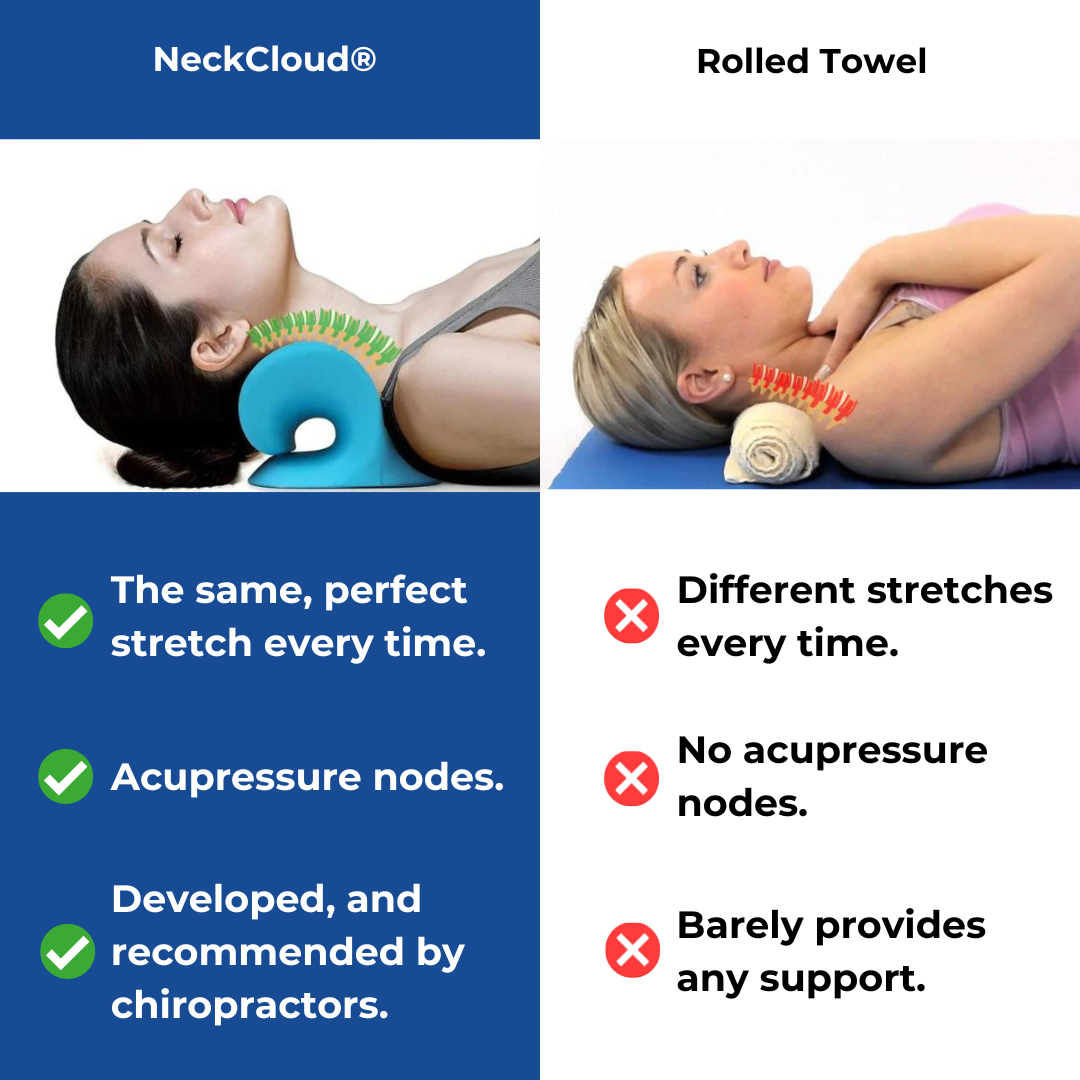The Effect of Anxiety on Neck Pain: Methods for Lowering Stress and Discomfort
In today's hectic world, it's clear that anxiety has become a widespread consider the beginning and exacerbation of neck discomfort. The complex connection between stress and muscular tissue tension frequently leaves people seeking remedy for the pain that ensues. By checking out targeted strategies intended at reducing tension and advertising relaxation, one can start to resolve the source of neck pain and job towards a much more well balanced state of well-being. Join us on a trip to unravel the influence of stress on neck pain and uncover effective means to reduce pain and enhance total high quality of life.
Recognizing Stress-Related Neck Discomfort
Stress-related neck pain can show up as tension, rigidity, or pain in the neck and shoulder area. The connection in between stress and anxiety and neck pain lies in the body's physical feedback to anxiety, which can result in muscle mass tension and rigidity in the neck muscle mass.

Identifying Common Stress Areas
Regularly experienced by people under tension, stress locations in the body can provide useful understandings right into the physical symptoms of mental strain. One usual stress area is the neck, where stress often materializes physically. Stress headaches, rigid neck muscular tissues, and restricted series of movement prevail symptoms of stress-related neck tension. The shoulders are another typical location where stress gathers. Stress can create the muscular tissues in the shoulders to tighten, resulting in pain and discomfort. Furthermore, the upper back is prone to stress accumulation, specifically in individuals that experience chronic tension. Poor posture and long term sitting can intensify stress in this location. The jaw is also an usual place for stress-related stress, as many individuals squeeze their jaw or grind their teeth when emphasized. Understanding these usual stress locations can aid people identify the physical indicators of stress and anxiety and take steps to resolve them prior to they rise right into persistent pain or discomfort.
Applying Leisure Methods
Leisure strategies are useful tools for minimizing neck discomfort triggered by stress. Furthermore, tasks like yoga and tai chi integrate both physical activity and leisure, making them effective techniques for decreasing stress and anxiety and neck pain. By integrating these leisure techniques into your day-to-day regimen, you can help handle anxiety degrees, reduce stress in the neck, and alleviate discomfort connected with stress-induced neck discomfort.
Including Self-Care Practices
Including self-care practices is important for maintaining general health and managing stress-related neck discomfort efficiently. Participating in routine physical activity, such as gentle stretching exercises or yoga, can help reduce tension in the neck and shoulders. Practicing excellent stance throughout the day and taking constant breaks from long term resting or display time can likewise protect against pressure on the neck muscular tissues.
In addition, focusing on appropriate rest and establishing a constant rest regimen can add significantly to reducing stress degrees and promoting leisure. Creating a calming bedtime routine, such as checking out a book or taking a warm bath, can help prepare the body and mind for relaxing rest. Additionally, maintaining a balanced diet abundant in nutrients and staying hydrated can sustain general health and wellness and minimize inflammation that may worsen neck discomfort.
Integrating mindfulness methods, such as deep breathing workouts or reflection, can address assist manage stress and promote leisure. Taking some time for oneself, engaging in leisure activities, and setting boundaries to secure personal time are additionally crucial aspects of self-care that can add to decreasing stress and anxiety and alleviating neck discomfort.
Seeking Expert Help
Exactly how can individuals properly deal with relentless this content neck pain that is influencing their daily life and wellness? Seeking expert aid can be a critical step in handling and alleviating neck discomfort. Consulting with medical care experts such as chiropractic practitioners, physical specialists, or orthopedic experts can give valuable insights and personalized treatment plans. These experts can perform extensive assessments to identify the underlying root causes of neck pain and suggest appropriate treatments.
Chiropractics physician specialize in back manipulation techniques to boost alignment and minimize tension in the neck location. Physiotherapists provide targeted workouts and stretches to reinforce muscular tissues, improve adaptability, and boost overall neck function. Orthopedic experts can provide sophisticated medical interventions such as shots or medical options for serious situations of neck discomfort.
Conclusion

Stress-related neck pain can manifest as tension, stiffness, or pain in More Info the neck and shoulder location. The link between stress and anxiety and neck discomfort exists in the body's physiological action to anxiety, which can result in muscle mass tension and tightness in the neck muscles. Tension migraines, stiff neck muscle mass, and limited array of motion are usual symptoms of stress-related neck tension. By integrating these relaxation techniques right into your day-to-day routine, you can aid take care of stress degrees, decrease tension in the neck, and alleviate discomfort connected with stress-induced neck discomfort.
